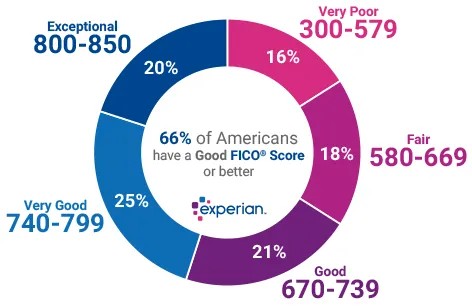Understanding why your TransUnion credit score might be lower than your Experian score can be frustrating. This article explores the key reasons behind these differences and provides insights into how credit scores are calculated and used.
Different Credit Scoring Models Can Lead to Discrepancies
Credit scores aren’t universally calculated. Lenders and credit bureaus use various scoring models, the most common being FICO® Scores and VantageScore®. Even within these categories, multiple versions exist (e.g., FICO® Score 8, FICO® Score 9, VantageScore 3.0).
Each model weighs credit factors differently. For instance, one model might prioritize payment history more heavily than another, leading to score variations. Furthermore, lenders often use industry-specific FICO® Scores tailored for auto loans or credit cards, further contributing to differences.
Variations in Credit Report Data Affect Scores
Your credit reports at each bureau (Experian, TransUnion, and Equifax) may contain different information. Creditors aren’t obligated to report to all three bureaus, and the information they provide, along with the timing of reporting, can vary.
Consequently, even the same scoring model applied to different credit reports can produce different scores. For example, a late payment reported to TransUnion but not Experian could significantly impact your TransUnion score while leaving your Experian score unaffected.
Timing of Score Updates Plays a Role
Credit scores are snapshots in time, reflecting the information in your credit report at the moment of calculation. If your TransUnion score was generated earlier than your Experian score, recent positive changes might not be reflected, leading to a lower score.
Credit monitoring services offer varying update frequencies (daily, weekly, monthly). The timing of these updates can also contribute to score discrepancies.
Which Credit Score Matters Most?
The most important credit score is the one used by the lender evaluating your application. Unfortunately, this information isn’t always readily available. While mortgage lenders generally rely on older FICO® Scores, a shift towards FICO 10 T and VantageScore 4.0 is underway.
Improving Your Credit Scores Across the Board
Despite the variations in scoring models and reports, focusing on key credit factors can improve all your scores. These factors include:
- Payment History: Making on-time payments is crucial.
- Amounts Owed: Keeping credit utilization low (the amount of credit used compared to your total credit limit) is beneficial.
- Length of Credit History: A longer history generally reflects positively on your score.
- New Credit: Applying for too much new credit in a short period can negatively impact scores.
- Credit Mix: Having a variety of credit types (e.g., credit cards, loans) can be advantageous.
Addressing negative marks on your credit reports, such as late payments or collections, can significantly improve your scores across all bureaus. If you’re facing financial hardship, contacting creditors to discuss hardship plans can prevent further damage to your credit.
Conclusion
Discrepancies between your TransUnion and Experian scores are often due to differences in scoring models, credit report data, and timing. While you can’t control which score a lender uses, focusing on positive credit habits will generally improve all your scores over time. Regularly monitoring your credit reports from all three bureaus can help you identify and address any issues that may be negatively impacting your scores.
